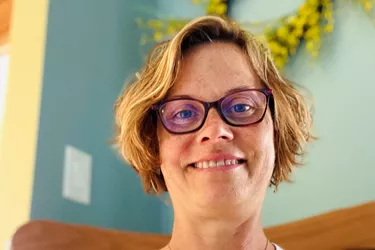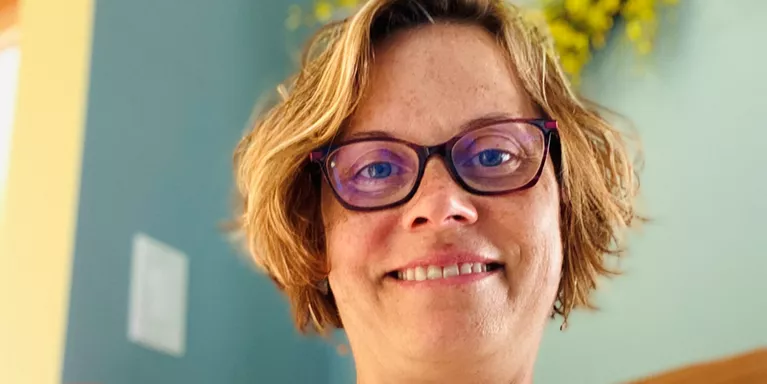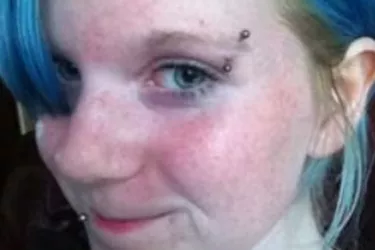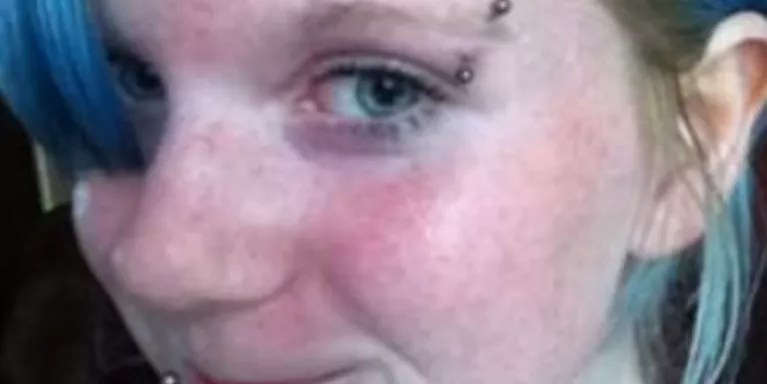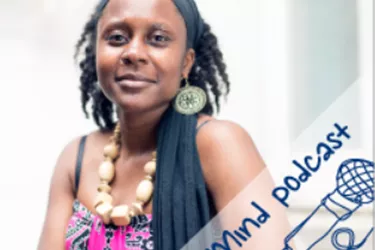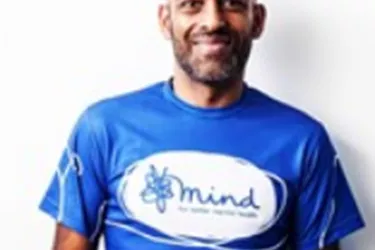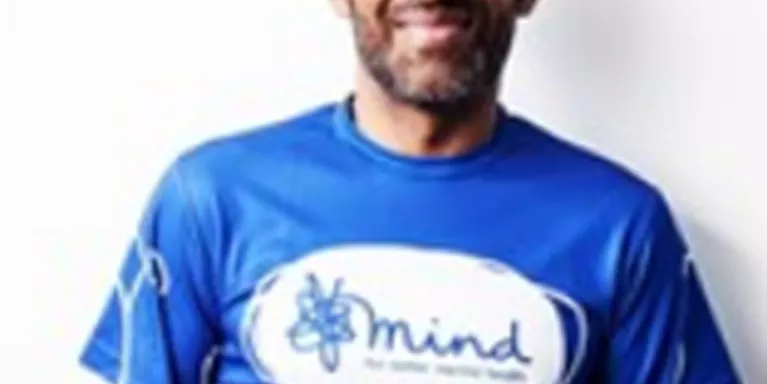Fighting shame and stigma
Nicole blogs about how she learnt to embrace her diagnosis of bipolar disorder and build her self-worth.
In 2004, I was diagnosed with Bipolar 1. The diagnosis was long overdue. Years of struggling with crippling depression and anxiety had taken their toll. Afterwards, I sought to improve my sense of self-worth by becoming an advocate for others who struggle with a mental health disorder. This past year, the changing nature of my condition forced me to face my long-held sense of shame and self-contempt and find a new path forward.
The diagnosis of bipolar came following my admission to a local hospital while I was suffering from a psychotic episode. I do not recall throwing a trash can at police, nurses restraining me to my bed, or screaming obscenities in A&E. My recollections are hazy and based in delusion not reality.
“My brain recalls having a perfectly pleasant chat with the famous reformer, Martin Luther, a man who was actually the hospital chaplain”
For instance, my brain recalls a moment when I had a perfectly pleasant chat with the famous reformer Martin Luther, a man who was actually the hospital chaplain. This incident in A&E and my subsequent two-week hospital stay was an all-time low point. Already struggling with a poor self-concept, this event only served to convince me how truly pathetic I was.
After my diagnosis, many aspects of life did improve. Medication assisted me in finding my centre and ceasing to swing quite as extravagantly. I began to meet with a therapist weekly to explore healthy ways of coping with my condition. Unfortunately, self-loathing reached an all-time low. I felt that my condition was a weakness of character. Why could I not control my own mind? The stigma surrounding mental health in the population at large was also a difficult burden to bear. A diagnosis of bipolar felt like the branding of a scarlet letter.
Trying to break the stigma
Three years after my diagnosis, I attempted to play an active role in breaking the stigma by creating a website, poolsofblessing.com. Where I began to share personal stories about what it was like to live with a mental health disorder. Though my intent was to shine a light on why mental health is health, this mission became a trap in and of itself. It felt that this was my way of apologising to the world at large for my diagnosis. If I made myself useful, it would make up for my shortcomings and failures. What I didn’t realise back then is that I had nothing to apologise or make up for.
Recently, the symptoms of my condition changed. I was no longer struggling with deep depression. It was agreed that this might mean I was ready to reduce certain medication dosages. Unfortunately, I was gliding into mania more consistently and unable to recognise it since it had not been the predominant aspect of my moods. With support from my spouse as well as my own self-awareness, I eventually recognised what was happening and with professional support found the right dosage of the right medication to bring me back to centre.
A world full of opposites
The uncertainty of this episode brought on more feelings of self-hatred at first. Shortly after coming back to centre, emotionally, I sat on my back porch watching the sunset. Wallowing in angst over all that had transpired over the past six months, I witnessed the moment when light and darkness merged. In that instant, a revelation struck. The world is full of opposites. Night and Day, Cold and Heat, Up and Down, Left and Right, Top and Bottom – the list goes on and on. As a teacher, I loved teaching opposites to my younger students. As a mom, I played opposites matching games when my kids were preschoolers. In many ways, opposites make the world go round.
In that twilight moment, it also occurred to me that despite my bipolar diagnosis, I have continually sought to find balance between light and dark. For instance, I try to find medication that prevents me from perpetually swinging. I also utilise tools like faith, mindfulness, purposeful breathing, and therapy to find my balance point.
“I am no longer ashamed of my diagnosis. I choose to view myself as a warrior rather than a wounded victim.”
I am proud to say that I am no longer ashamed of my diagnosis or the fact that I struggle to find my balance point. I choose to view myself as a warrior rather than a wounded victim. If you have a diagnosis of bipolar or any other mental health problem, it may help to choose to see yourself for the fighter you are. Try not to get stuck in a state of self-loathing. Embrace the reality that opposites can be beautiful, especially for those of us who seek to find balance and move towards health and stability.


Information and support
When you’re living with a mental health problem, or supporting someone who is, having access to the right information - about a condition, treatment options, or practical issues - is vital. Visit our information pages to find out more.
Share your story with others
Blogs and stories can show that people with mental health problems are cared about, understood and listened to. We can use it to challenge the status quo and change attitudes.










